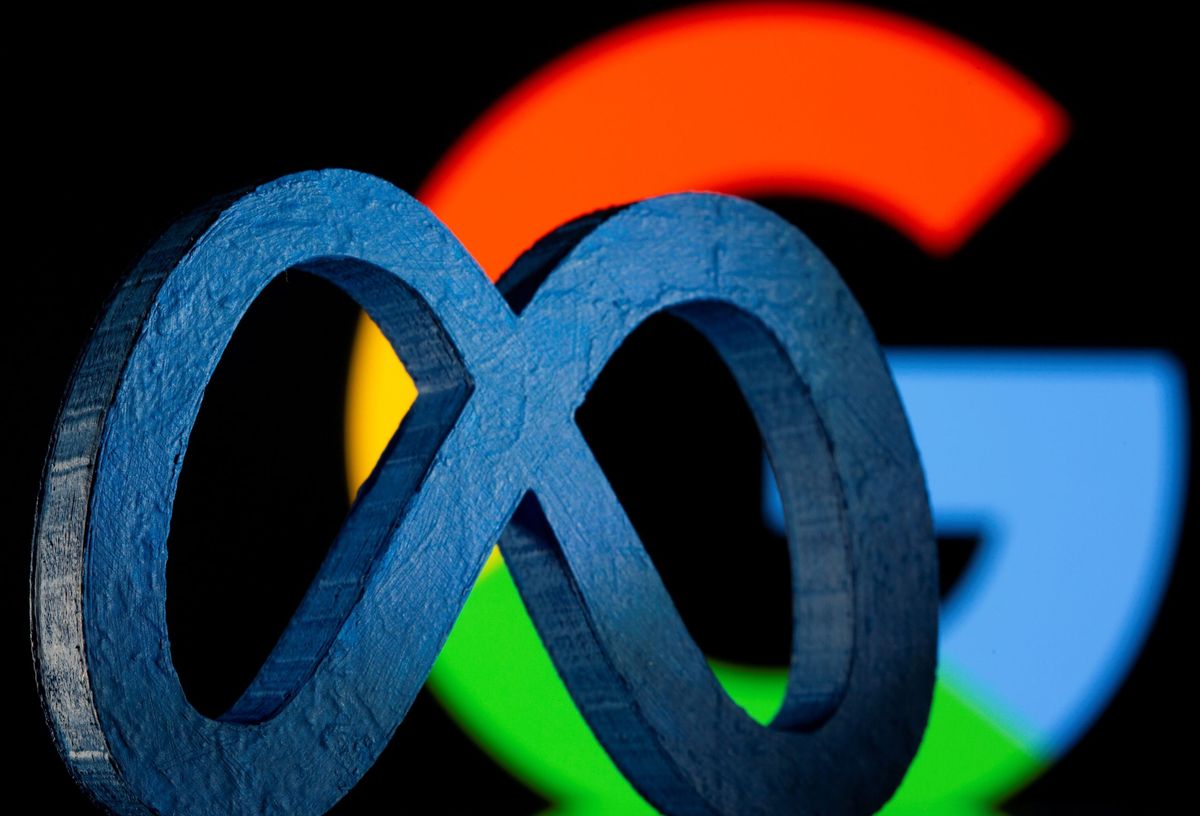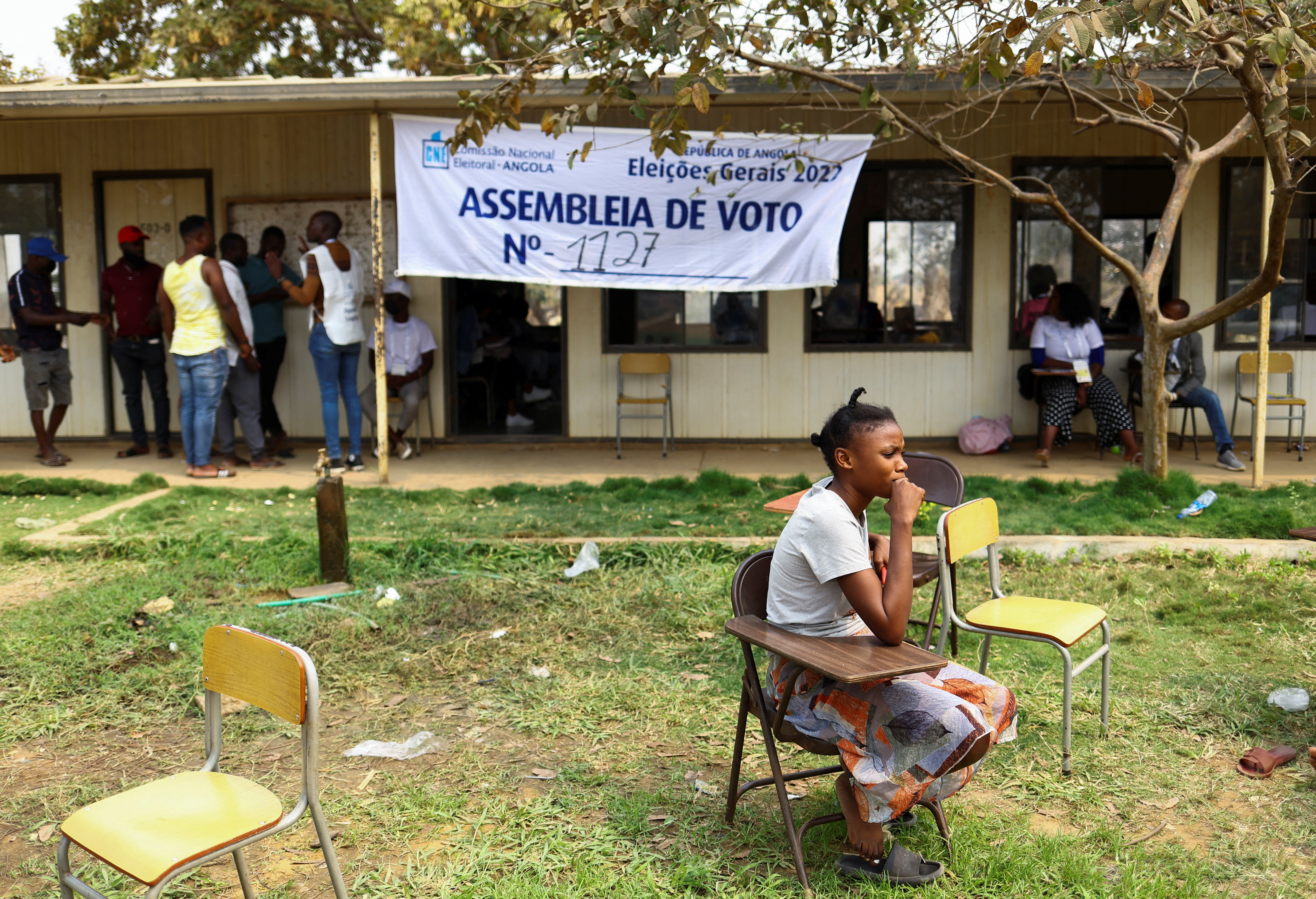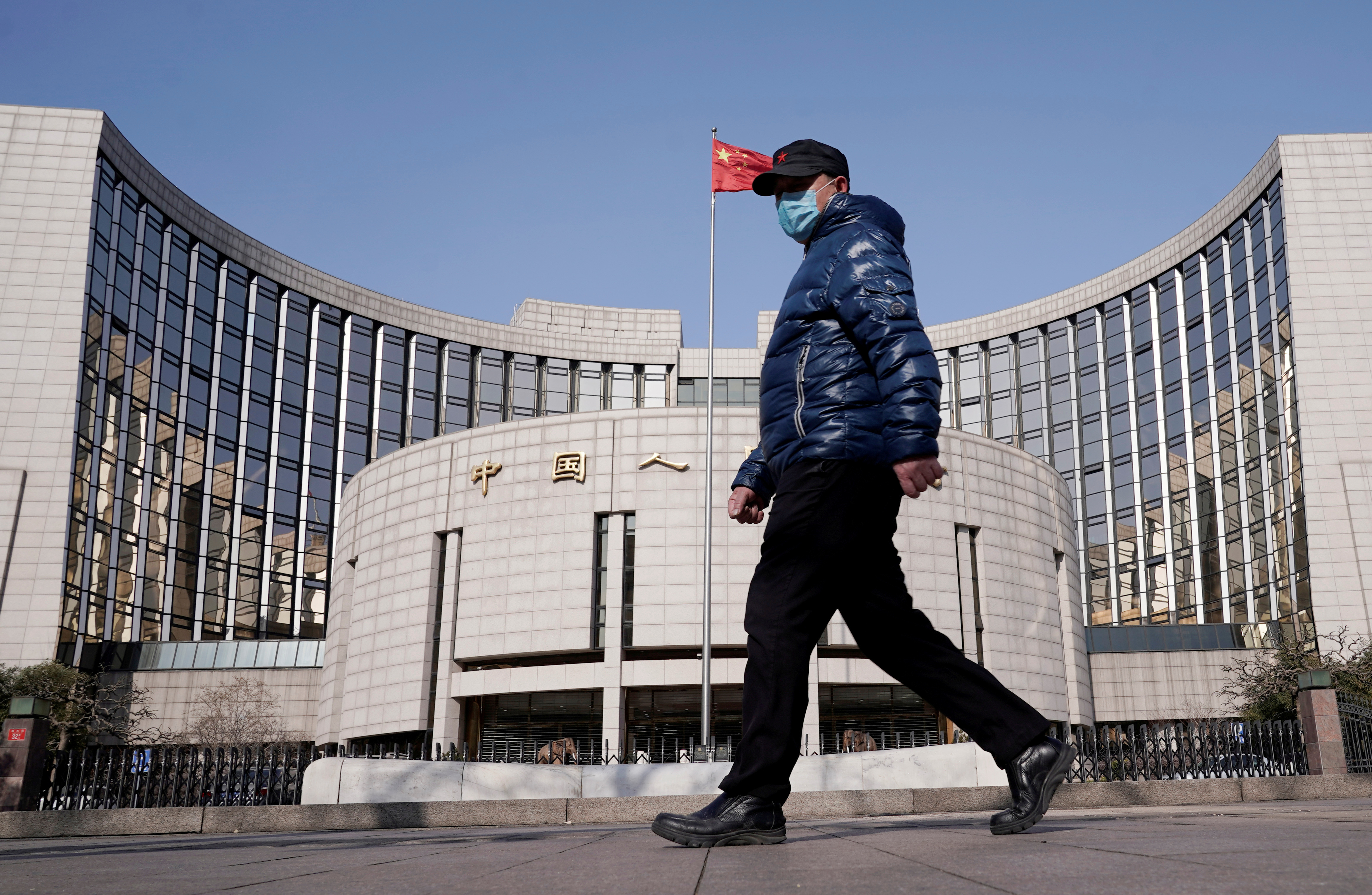From China’s massive stimulus package to a global mental health crisis – Here’s your August 26 news briefing

A few minutes every morning is all you need.
Stay up to date on the world's Headlines and Human Stories. It's fun, it's factual, it's fluff-free.
To start off, we’re looking into:
Meta and Twitter have busted fake pro-US accounts
In sharing information, social media has become a hugely relevant platform. This also means that Twitter, Facebook, Instagram and now TikTok are all tools used in the disinformation and propaganda game. In the past, American officials have accused countries like Russia and China of manipulating social networks to sow divisions and discord in the US and even manipulate political elections.
But now, the tables have turned. On Wednesday, Graphika Inc and the Stanford Internet Observatory (SIO) released a pivotal study on Western social media activity in Asia. It reveals how a web of fake accounts has been sharing pro-Western narratives, trying to discredit countries including China, Russia, and Iran. One major campaign focused on criticizing Russia for civilian deaths and other harm caused by the country’s invasion of Ukraine
Facebook and Twitter have since taken down these sham accounts.
Angolan election results roll in

Since gaining its independence from Portugal in 1975, the African country of Angola has been ruled by one political party, the People’s Movement for the Liberation of Angola (MPLA). As the second-biggest oil producer in Africa, Angola’s leaders and expat community profit from oil output while more than half of the country’s rural population remain in poverty. And earlier this year, the current administration sat out of the UN resolution condemning Russia’s invasion of Ukraine.
On Wednesday, Angola held its national election. The opposition party, the National Union for the Total Independence of Angola (UNITA), gained a lot of support. This year was UNITA’s best chance at winning against MPLA. Unlike MPLA, UNITA has been outwardly critical of Russia’s invasion of Ukraine. UNITA’s presidential candidate, Adalberto Costa Junior, blames MPLA for problems like including poverty, inflation and corruption. Yesterday, election results began coming in. So far, the election commission said that over 97% of the votes have been counted, and MPLA is leading by a 51.7% majority.
China unveils a massive stimulus package

China, like everywhere else, has had it pretty hard during COVID. But with its strict lockdown restrictions in place when outbreaks come up, the economy has taken a pretty good beating. The manufacturing sector, the biggest in the world, has been significantly slowed down because those people who would usually be working in the facilities were stuck at home on lockdown.
Well, now China is putting a bunch of money into the country’s infrastructure as a stimulus to get it out of the rut. The country’s cabinet, the State Council, outlined a plan to put over a trillion yuan (about US$146 billion) into a mix of infrastructure projects and local development projects, and a good chunk of the money is coming from previously unused money set aside for other projects.
But there’s a bit of a question of how well it will work. Some analysts have doubts – economists say the country is on track to have about 3% growth this year, which isn’t likely to change because of this stimulus. But, on the other hand, tech stocks for Chinese companies had a pretty good day after the announcement.
To end, we’ll look into:
The world is having a mental health crisis
Living through a global pandemic, not seeing friends or family for weeks or months and having to work from the same place you sleep have caused increased global stress. Back in March, the WHO reported that depression and anxiety went up about 25% in just the first year of the pandemic. That report pointed out that, in addition to the whole ‘living through times of global crisis’ thing, the pandemic also meant that most mental health services were less accessible, and that might be part of the reason for the increase.
The other thing to consider is that young people and women are the two groups of people more likely to be dealing with increased stress, anxiety or depression. According to a poll by Baptist Oi Kwan Social Service and Education University, nearly half of Hong Kongers show moderate to severe signs of anxiety, and people between the ages of 18 and 30 were most at risk.
The problem, besides the increase in stress, anxiety and depression, is that mental health care around the world isn’t very accessible.
In the US, the cost of therapy, for example, shuts people out. On average, therapy costs about US$178 a month out of pocket, according to a survey from the mental health resource website Verywell Mind. Nearly a third of Americans in therapy say they’ve had to cancel a session to save some money, and nearly half say they’d have to quit therapy altogether if it got more expensive.
More broadly, many countries don’t have the policies or infrastructure to deal with a widespread mental health crisis. The treatment gap – or the percentage of people in need of treatment who don’t get it – in developed countries sits between 44% and 70% and goes up to around 90% in developing countries. Nearly a third of countries globally don’t have any sort of government mental health program, and in the ones that do, just less than half have been updated to reflect recent developments in mental healthcare. In many countries, again, the cost of mental health care infrastructure is one of the major barriers to entry.
All that is to say one thing: a mental health crisis isn’t looming – it’s already here.
In other news …
📈Stocks: MSCI’s gauge of stocks around the world is up 1.19% at 2,768.48.
📰Some specifics:
- S&P 500 rose 1.41% to 4,199.12.
- Nasdaq is also up, rising by 1.67% to 12,639.27.
- Dow Jones rose by 0.98% to 33,291.78.
- Hang Seng Index jumped by 3.63% to 19,968.38.
🧠Some quick factors to bear in mind:
- Today, US Fed Chair Jerome Powell will give a speech in Jackson Hole at the Fed’s annual monetary policy conference, so the market is holding its breath. Right now, investors are looking for guidance when it comes to how the Fed will act this fall at their next policy meeting; right now, opinion is pretty much divided on whether there will be a hike of half a percentage point or three-quarters of a point.
- An audit deal is being hinted at for both the Chinese and American markets, which will help avoid a mass delisting of Chinese stocks on US exchanges, sending US-listed Chinese tech stocks soaring.
- An economic stimulus is on its way to help stabilize China’s market, with the State Council announcing US$146 billion in new support as the zero-COVID policy continues to wreak havoc on the economy.
👄Some comments and chatter:
“We’re likely to see a relief tomorrow unless we get a big shock from what Powell says," said Gabriela Santos, global market strategist at J.P. Morgan Asset Management to CNBC. “One thing I would keep an eye out on if we look to next week and into the fall … implied bond volatility is still very, very high for where it normally is in late August, suggesting that actually we’re likely to continue seeing a lot of action in the yield curve, which could affect stock markets in the fall."
“[The energy situation in Europe is] adding to fears that ‘peak inflation’ might not actually have arrived yet for some countries," said Deutsche Bank strategist Jim Reid. “Policymakers are about to face some unenviable choices as they grapple with the worst stagflation we’ve seen in decades."
🛢Oil: Oil prices fell on Thursday with the possible return to global markets of currently sanctioned Iranian oil exports and due to worries that rising US interest rates might reduce fuel demand. So, Brent crude went to US$99.34 a barrel, down 1.9%. US West Texas Intermediate crude is at US$92.52 a barrel, slipping by 2.5%.
👛Bitcoin: At the time of writing, Bitcoin is at US$21,609.50
🚉Ukraine train station attack: On Wednesday, Ukraine’s Independence Day, Russia launched a rocket attack on a train station in central Ukraine. So far, 25 civilians have been confirmed dead, including children. Meanwhile, Russian President Putin signed a decree to increase the size of the country’s military at the start of next year.
🌀Pakistan’s deadly weather: Severe rains and weather in Pakistan have resulted in the deaths of at least 903 people this summer. The country is now seeing its eighth cycle of monsoon rains.
🗼Latvia knocks over Soviet obelisk: This past May, Latvia’s Parliament voted to remove a monument in Riga, the county’s capital. The monument celebrated the Red Army’s victory over Nazi Germany and was knocked down on Thursday. Russia’s invasion of Ukraine has prompted some eastern European countries to remove symbols of their Soviet eras.
💲Taiwan increases military funding: With tensions rising between China and Taiwan, Taiwan has now unveiled a record defense budget. The region is looking to increase military spending by 13.9% year on year, but the budget still needs to pass through the country’s Parliament.
💸China tries to revive the economy: A top Chinese official said the country would focus on creating jobs and it’ll promote fiscal, monetary and industrial policies to stabilize the labor market. The Chinese economy has been negatively affected by extended COVID lockdowns and sluggish growth.
🏀Kobe’s widow wins lawsuit: A US federal jury awarded US$16 million to Vanessa Bryant, basketball star Kobe Bryant’s widow, over the leaked graphic photos of the plane crash site where he died. Bryant testified that she still has panic attacks because of the shared photos.
👨🏻🤝👨🏻A whole new take on twinning: People who aren’t even remotely related (or even from the same regions of the world) but look alike could share DNA, a new study suggests. Shared genetic variants between “doppelgängers” occur because there are so many people in the world that, eventually, similar DNA sequences are produced between two completely different people.
🥇Ukraine sees a hero in “Drone Boy”: Andrii Pokrasa, a 15-year-old Ukrainian boy, has become a national hero. Sharing online that he has his own personal drone, Pokrasa was contacted by the civil defense forces (who did not know his age). Then, he used his drone to spy on Russian tanks and other vehicles, sending the Ukrainian military the envoy’s coordinates, which the military took out within minutes.
Written and put together by Jake Shropshire, Vanessa Wolosz, Christine Dulion and Krystal Lai




Comments ()